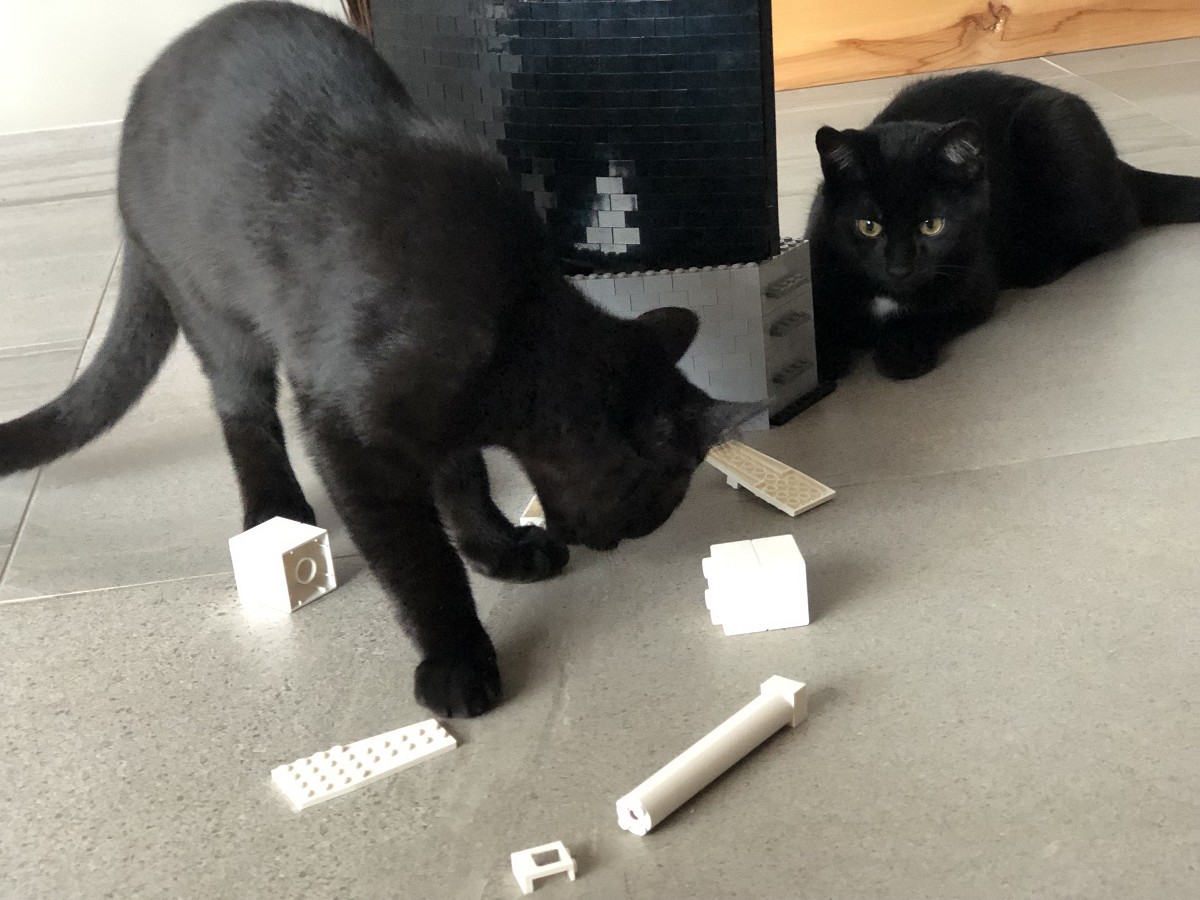
We recently discussed how to define play, and we came to the conclusion there is no simple answer. No one, including scholars and dictionaries, has been able to hone in on a single and agreed-upon definition. Thomas G. Power stated it well in Play and Exploration in Children and Animals:
Given its elusive nature, it is unlikely that researchers will ever come up with a satisfactory definition of play.
Play itself is a fascinating discussion and we plan to revisit it from time to time. It may not sound serious. Many people even grow up to believe play is frivolous and only appropriate in childhood. But if you spend time going through research on the topic, you’ll find some pretty serious observations. Here is something we came across a lot: Play is necessary for social development and survival. And this doesn’t just apply to humans but to all mammals.
Think about all the popular animal videos online. You can watch kittens stalking, chasing, and pouncing on toys. This form of play is helping them to develop their hunting instinct. Jaak Panksepp’s studies involving rats showed these creatures will laugh while play-wrestling; but if they are deprived of play, rats will begin to socially wither.
Human children develop many vital skills through play. When playing games like Red Rover, they learn about teamwork. Simon Says teaches children how to follow directions. And playing dress-up allows kids an opportunity for role-playing, which helps them figure out how to behave in different situations.
If play is such an intrinsic learning tool, it stands to reason it should be encouraged as a lifelong activity. We have seen in our own LSP trainings just how much adults can learn through play. We’ve had guests on our podcast tell wonderful stories about helping adults learn and build understanding through play. How about you? If you think about it, you can probably recall some of your own recent playful learning moments, too.